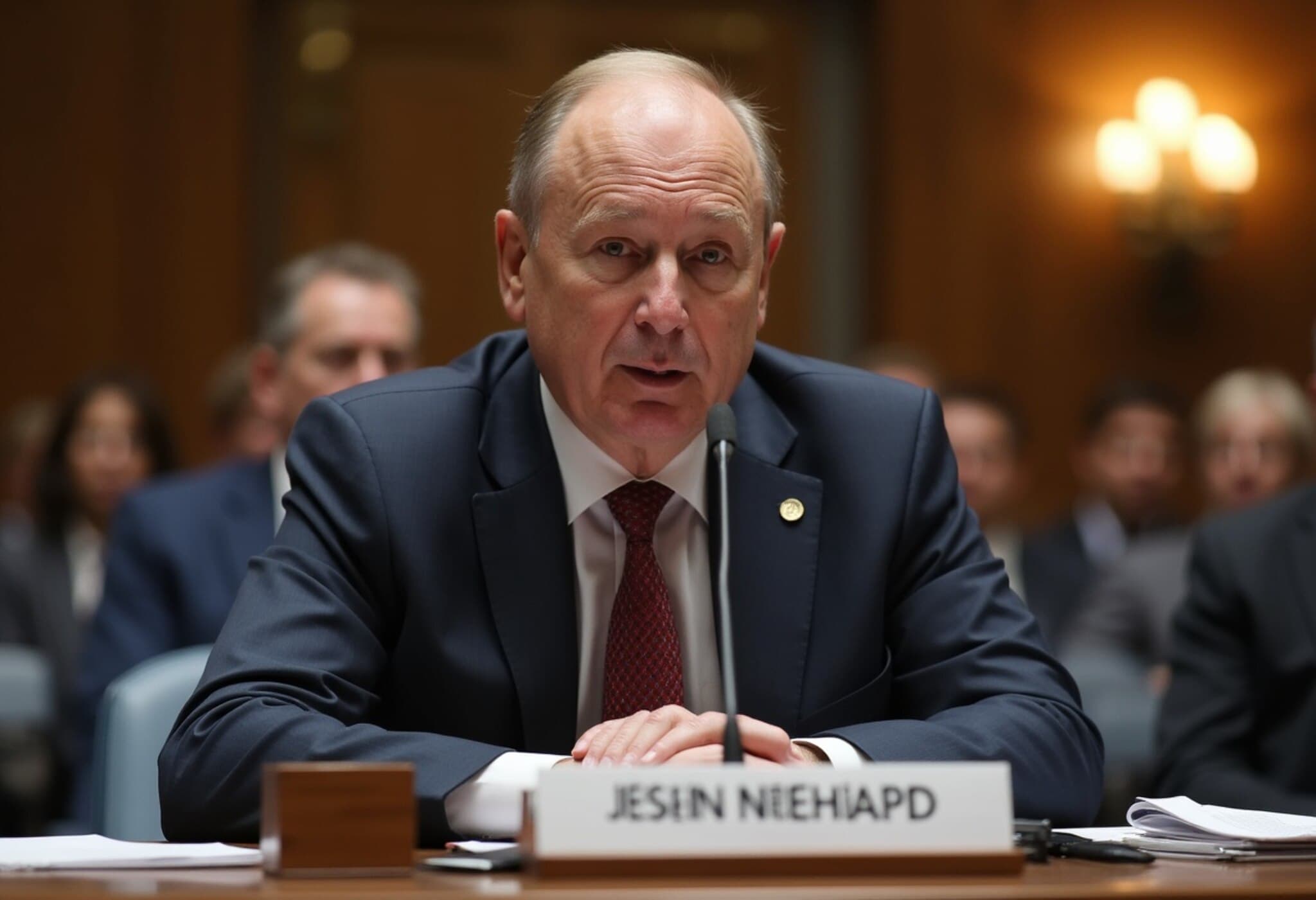When Friendships Strain Finances: The Reality Millennials and Gen Z Face
Emmy, a 31-year-old from Los Angeles, has been caught in a relentless financial rollercoaster since she was 18 — repeatedly racking up credit card debt, paying it off, only to max out her cards again. Starting March this year, her credit card balance surpassed $28,000. She speaks candidly under a pseudonym to protect her privacy.
"I know this is my fault," Emmy admits. "I was always the friend saying, ‘Shots on me,' or ‘Don't worry, I got it,' and ‘Just pay me next time.' But honestly, I often hesitated to ask friends for repayment." Her story is far from unique. A recent survey by Ally Financial reveals that almost 60% of millennials and Gen Zers say social spending has negatively impacted their financial goals.
Socializing: Essential for Well-being but a Financial Pitfall
Spending time with friends is crucial for mental health and happiness. Jack Howard, head of money wellness at Ally, underscores this: "You're going to get the highest return on your well-being by investing in social connections." However, the trouble lies in the overspending that often accompanies these social activities.
The survey found that 42% of young adults admit to overspending on social outings several months per year. With the average monthly spend on social activities reaching about $250, these costs accumulate quickly.
‘Those Expenses Add Up’ — A Budgeting Blind Spot
Americans seem to place a high value on maintaining in-person connections, with 69% striving to meet friends weekly. Yet, budgeting for these outings remains rare. Only 18% of millennials and Gen Zers enforce strict budgets dedicated to social life.
Howard advises, "You have to explicitly include social activities in your budget. People often overlook how small expenses—happy hours, brunches, food delivery—quickly add up. Treat your money as a tool to align with your values and experiences."
Aligning Social Spending With Personal Values
Reflecting on what you truly value can help reframe spending decisions. If meals out or nightlife bring you joy, you might need to adjust spending in other areas. Howard encourages a mindset shift: "Prioritize what adds genuine value to your life, and be mindful not to let social pressures push you into financial strain."
Affordable Experiences That Still Foster Connection
One practical solution is opting for budget-friendly or free activities—yet only 23% of those surveyed incorporate this into their socializing. Howard stresses, "What we really want is the experience and time with friends, not necessarily the most expensive outing. Our well-being thrives on connection, not overspending."
Emmy herself is actively changing her approach, "I'm adjusting how I suggest hangouts—emphasizing free or low-cost get-togethers while I focus on reducing my debt." But breaking the cycle is challenging, especially as her friends aren’t aware of her debt struggles.
The Hidden Burden of Money Shame Among Friends
Shame around financial struggles can heavily influence behavior. As Emmy shares, "I believe my friends wouldn’t judge me if they knew, but I still fear how they’ll perceive me." Financial shame is a common barrier that perpetuates overspending and secrecy.
Howard explains, "This shame often stems from money mindsets shaped in childhood or formative years. Until people connect those past experiences to present actions, cycles of overspending are likely to repeat—in personal finances and relationships alike."
Seeking Professional Support
For those overwhelmed by managing finances or breaking destructive money habits, turning to professionals like financial planners or therapists specializing in money mindset can be invaluable.
Expert Takeaway: Balancing Social Life and Financial Wellness
- Prioritize meaningful connections but do so within a realistic budget.
- Be transparent with close friends about your financial boundaries to reduce shame and foster support.
- Incorporate affordable social activities to stay connected without breaking the bank.
- Reflect on your values to align spending with experiences that truly enhance your life.
- Seek expert advice if struggling to manage debts or worrying patterns around money.
Editor’s Note: The Social Spending Dilemma Revealed
In an era where socializing often requires spending, millennials and Gen Z find themselves walking a financial tightrope. This article highlights an essential truth: while relationships are critical to our mental and emotional health, unchecked social spending can imperil long-term financial stability. The nuanced challenge lies in balancing these priorities transparently and mindfully. How can young adults foster genuine connections while building financial resilience? This is both a personal journey and a broader societal conversation about the values we attach to money, friendship, and well-being.



















